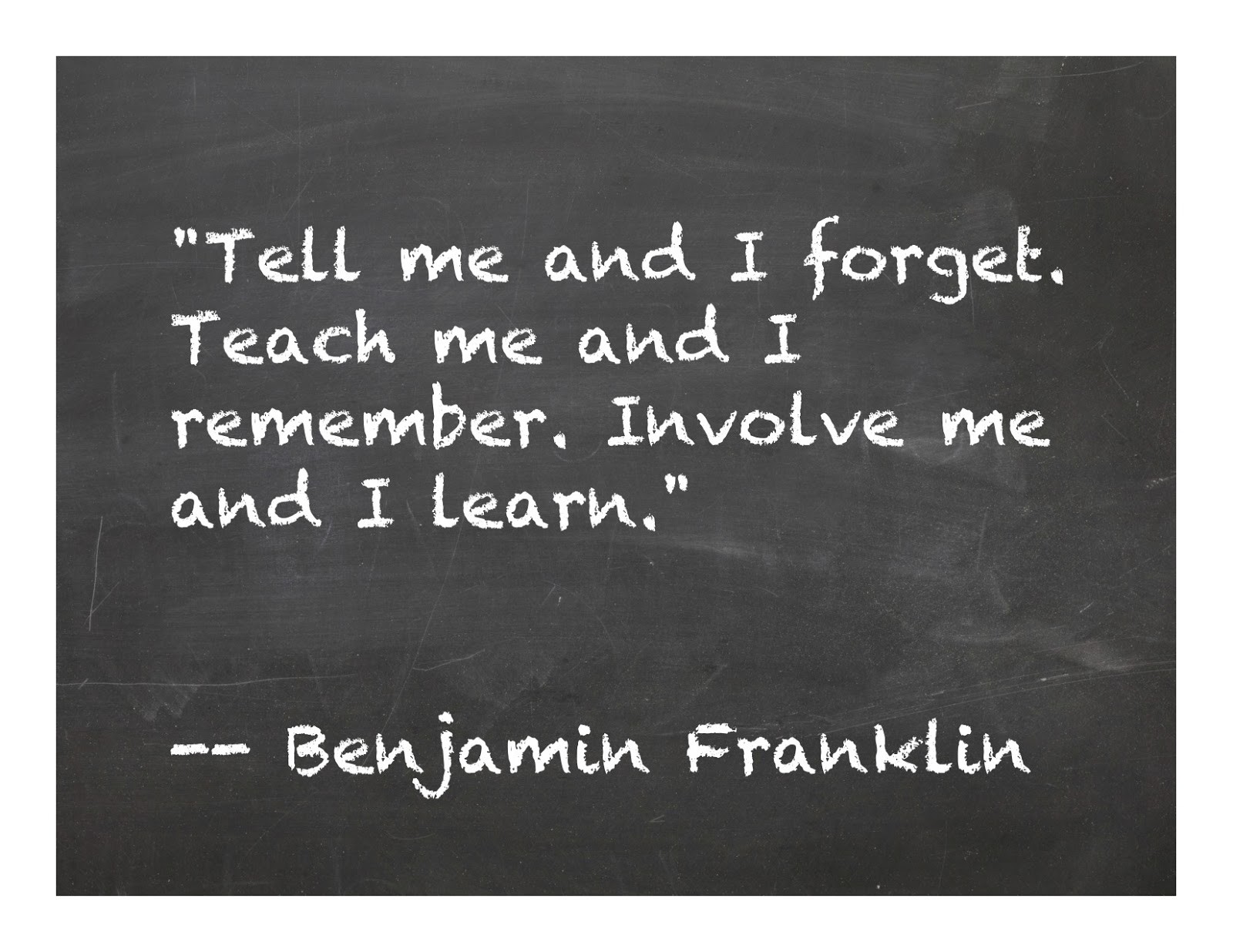In this month the 1981 book by the anthropologist Desmond Morris “The football tribe” was re-released. One of the themes of the book concerns the meaning and function of the goal, at this topic I have dedicated a survey carried out in four European championships, which carry part of the introduction (Movimento, 2011).
In football score or suffer a goal is the apex of a team play and it has a deep impact on confidence and on the two teams emotions. It’s the most important event of the match. Already thirty years ago the anthropologist Desmond Morris, in his book dedicated to the analysis of football as a tribal phenomenon, he wrote:
“One of the qualities that make the goals as important is their rarity. In the modern professional football the most frequent score of a team at the end of the ninety minutes of play is one. Or zero … each team has a little over a thousand contacts with the ball for the match. Which means that a player hitting the ball has less than one chance in a thousand to score. No wonder then if, when this happens, the reaction is so powerful. No wonder if that rare specimen who is the top scorer or gunner is high in tribal folklore, the pedestal of a real hero “ (1981, p.104).
In addition, by analyzing the 9000 goal made between April 1978 and November 1980 in the English League and Cup, Morris found that their frequency increased as the time goes ahead. Were about 5,000 goals scored in the second half, of which 1800 were he scored in the last 15 minutes of the game, noting that globally the chance to score increased with the progress of the game.
In conclusion, this survey is a tribute to the innovative ideas that Morris proposed thirty years ago and which remain relevant even if the socio-economic conditions through the football today are different from those of the ’70s. The meaning and function of the goals have remained exactly the same, indeed the importance of winning and the expectations of society and of the fans are strongly exaggerated.
The goal meaning has several explanations:
- “… The hunters become footballers, the weapon is the ball and the prey is the goalpost” (Morris, 1981, p. 15)
- “Think of it as a kind of miniature war … What matters is precisely the difference between the number of goals scored by the two teams … the end result is linked instead to the symbolism of the battle” (p. 17-18).
- “If the home team wins a game, fans can claim an important victory in the psychological and social field … There is no worst misfortune for the relegation tribes: in the event of relegation the loss of social prestige is so great that the team punishes himself with a symbolic sacrifice, usually by firing the coach “(p. 22-23).
- “It ‘s important to repeat once and for all that there are no doubts about the religious significance of a football game … the citizen is increasingly hungry for mass meeting opportunities, where one can see or be seen as being part of a community “(p.23).
- “Every football game is a commercial enterprise preceded by a lot of publicity” (p.27).
…
In conclusion, this survey is a tribute to the innovative ideas that Morris proposed thirty years ago and which remain relevant even if the socio-economic conditions through the football today are different from those of the ’70s. The meaning and function of the goals have remained exactly the same, indeed the importance of winning and the expectations of society and of the fans are strongly exaggerated.
Therefore to study when the goals are marked, beyond its statistical value, it allows us to open a door on the teams’ mentality and their way of play the game.








